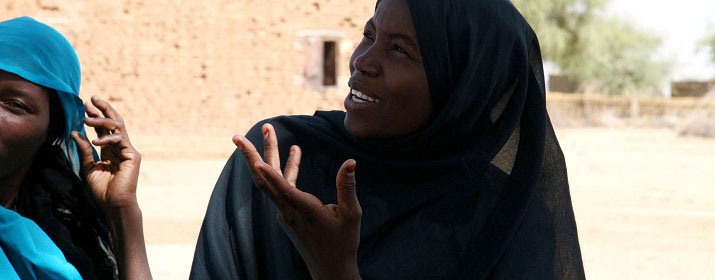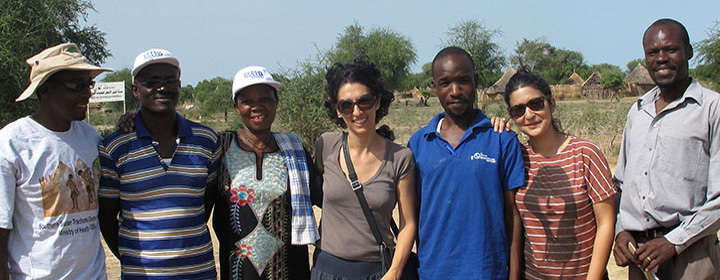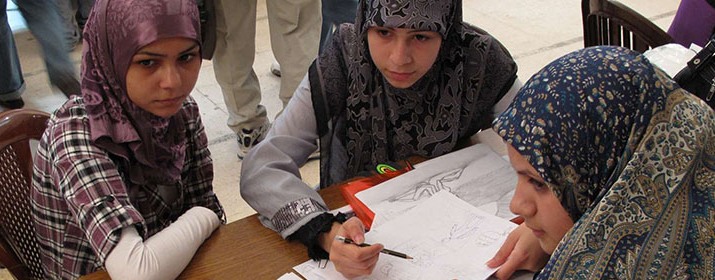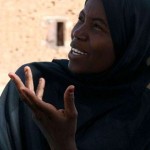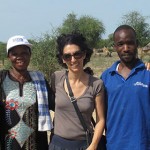The Mozambican population and in particular that of the province of Zambezia, the second most populated according to the 2017 census, live in a condition of high vulnerability and chronic crisis caused by systemic factors such as low productivity in the primary sector. At the beginning of 2016, the precarious situation of Zambezia was strongly influenced by climatic phenomena related to El Niño, which aggravated the general situation of the Province and the ability of the Government to support the communities. The two cyclones that hit Mozambique in 2019, although they did not affect the area, had serious repercussions on the climate, causing an imbalance in the period of rain with a dramatic effect on the food security of thousands of people, exacerbating an already complex picture. in terms of nutrition. The consequences of these phenomena extend over several years, for example, the 2019/2020 agricultural campaign had difficulty starting also due to the availability of quality seeds. Although Mozambique is one of the most vulnerable countries to climate change, the lack of an accurate system for collecting historical and present meteorological data and the scarcity of “buffer” systems to remedy agricultural losses, increases an already present crisis food and the vulnerability of the rural population, trapped in a vicious cycle of poverty.
The objective of this project is to improve the resilience of the population of two districts of the Province of Zambezia, in particular Mocubela and Pebane, through the monitoring of climatic and meteorological events , the mapping of the territory, the strengthening of disclosure and alert systems and the launch of a micro-insurance system on agricultural crops.
The CLIMA – CLimate Improved Model for Agriculture project reinforces a previously developed model, adapting it to the rural reality of the Mozambican Province of Zambezia with a dual function: to create a database of meteorological data and increase the resilience of farmers in the districts target to extreme climatic phenomena. Through the strengthening of the network of meteorological stations, installed in 2018, it will be possible to improve the model on the climatic trend of the area developed by the SECOSUD Program of the Sapienza University of Rome, making it more reliable. This will be linked to the consolidation of the dissemination and alert network in the event of climate shocks through the revitalization and the formation of zonal committees. Finally, the creation of a solid database will have the purpose of opening the doors to a system of agricultural micro-insurance that will make it possible to limit losses by producers in the event of unpredictable climatic events.
The CLIMA project is funded by the Cariplo Foundation and carried out in partnership with the Department of Environmental Biology of the Sapienza University of Rome.


